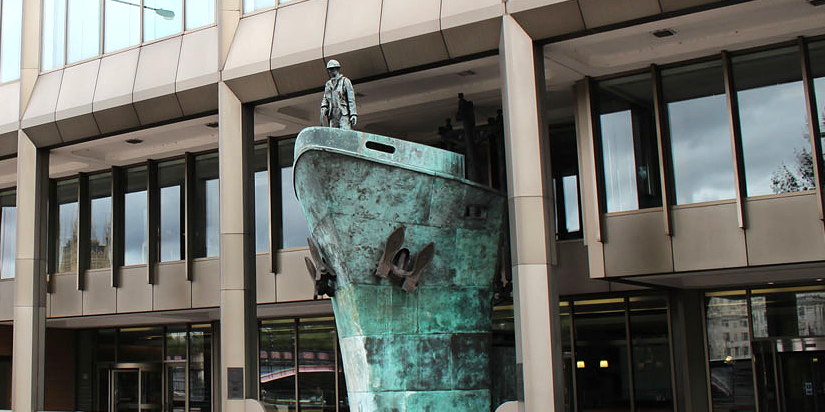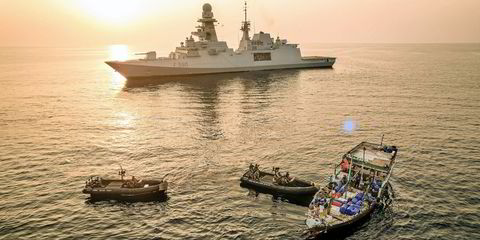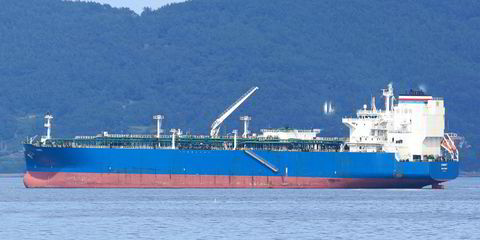Shipmanager association InterManager has urged owners and managers to take action to combat growing tiredness among senior officers.
It teamed up with the Warsash Maritime Academy to carry out a study into fatigue, Project Martha, which was launched at the International Maritime Organization (IMO) headquarters in London on Monday.
InterManager secretary general Kuba Szymanski said the report highlights increasing levels of fatigue, particularly among masters and watch keepers.
Captains work longer than their subordinates and are far more fatigued at the end of a contract.
They were also found to be slightly more overweight compared to other crew, as well as suffering from mental weariness more than physical tiredness.
During interviews, seafarers pointed out that not being relieved on time was having an effect on motivation.
And nearly half felt stress was higher at the end of a voyage.
The study found that sleepiness levels vary little during transit, suggesting there are opportunities for recovery while onboard.
Cultural differences
The report also identified a clear divide between European and Chinese seafarers.
Europeans worked fewer hours than their Chinese colleagues, who put in an average of 15.11 hours per day on bulkers.
Their western counterparts work an average a 10.23-hour day.
As a result, there is evidence of higher levels of fatigue and stress in Chinese seafarers, rather than European seafarers, the study found.
Szymanski said: “I sincerely hope the results of our research will be read and acted upon by shipmanagers and shipowners who will go on to revise their attitudes and procedures.
“There are a number of ‘low hanging fruits’ which, with a little adjustment, could make a big difference.”
He added: “These are not necessarily costly changes - such as having seafarers relieved on time and organising work onboard with humans and not regulations in mind and engaging sea staff in decisions - but empowering seafarers to take care of their lives more than it is today.
“Attracting new seafarers and retaining them will test the industry, but we cannot ignore these findings in making the industry an attractive place for aspiring seafarers.”




